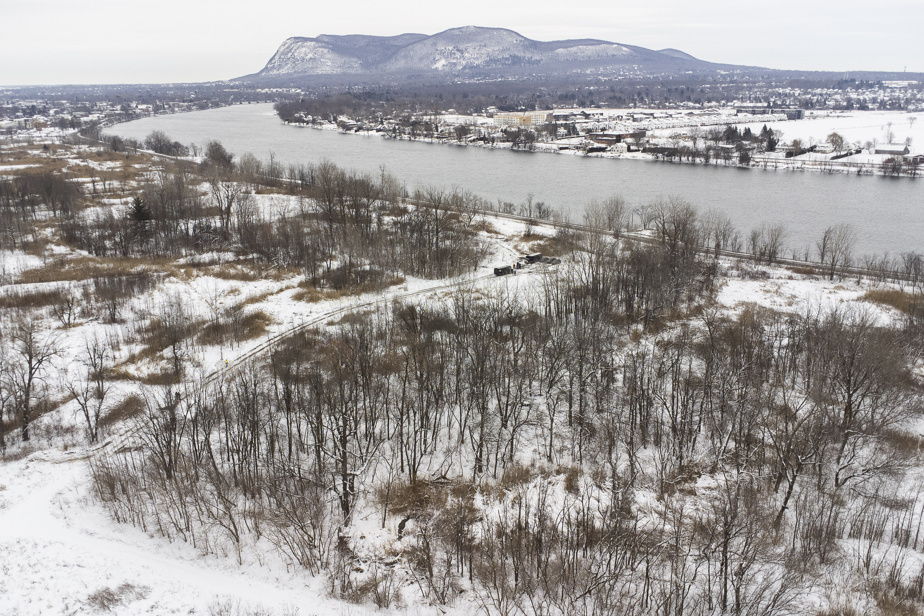(Saint-Basile-le-Grand) Work to prepare the site which will host Northvolt’s future battery cell mega-factory will begin “in the coming days” in Saint-Basile-le-Grand, the company said on Tuesday. ‘business.
The Swedish multinational is only waiting for the permit from the municipality to undertake the deforestation and leveling of the part of the immense land where it plans to erect its buildings, after the issuance, on Monday, of a first authorization from the Ministry of Environment, the Fight against Climate Change, Wildlife and Parks (MELCCFP).
The work, which will take place from Monday to Friday between 7 a.m. and 9 p.m., will consist of the felling of 8,730 live trees and 5,365 dead trees, the wood of which will be recycled.
The company has also committed to replanting 24,000 trees, the vast majority on its land which straddles the municipalities of Saint-Basile-le-Grand and McMasterville, on the banks of the Richelieu River.
Further details will follow.
